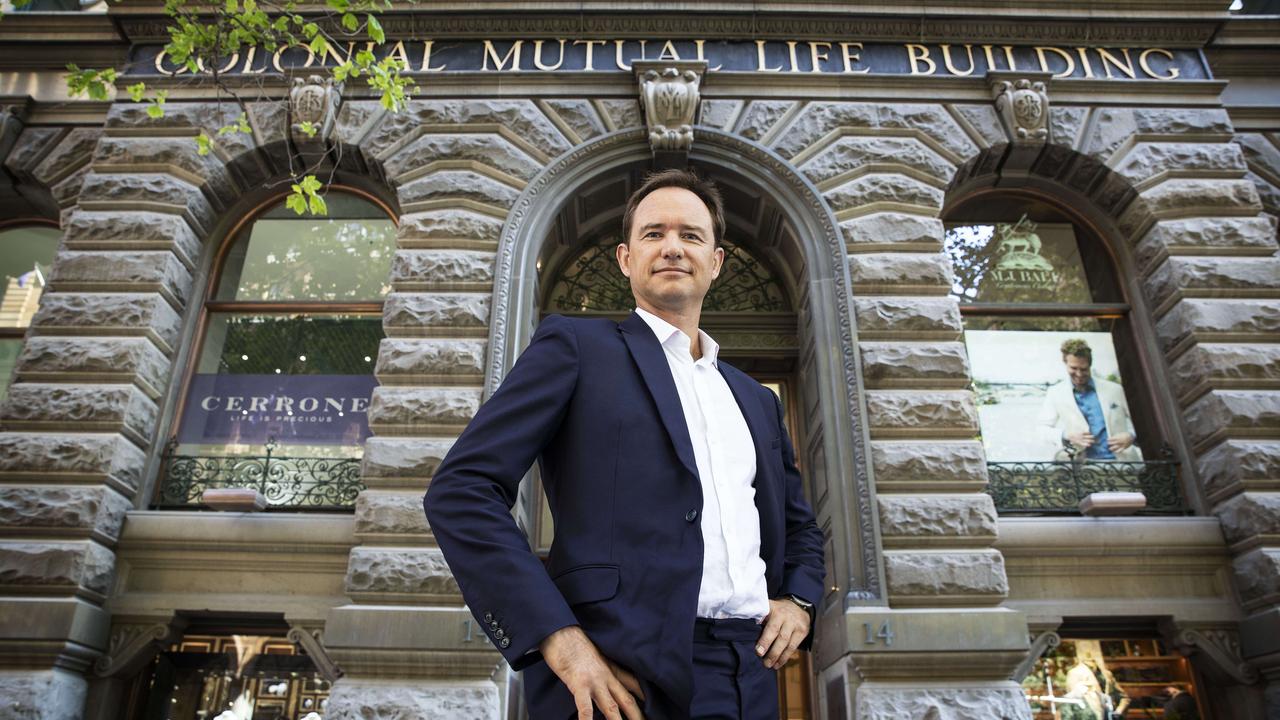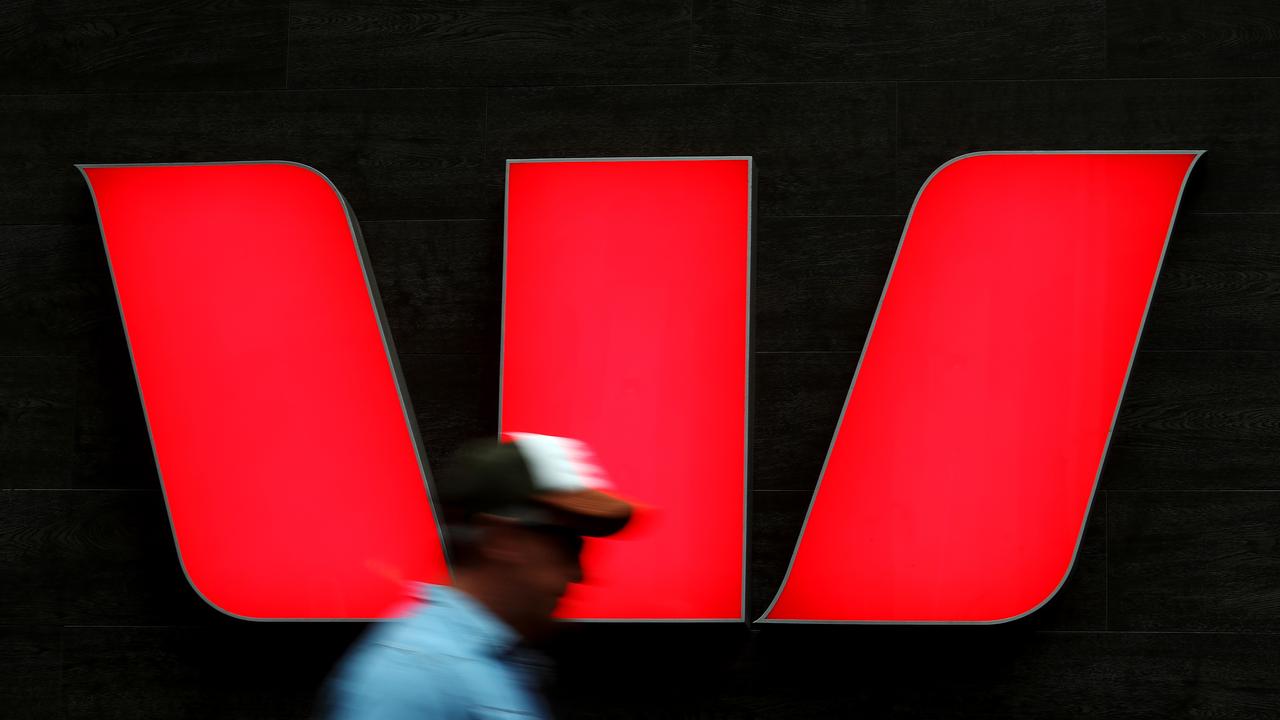It takes time to turn retail ship Woolies around
Seventeen months after Brad Banducci was parachuted in, Wesfarmers investors have more to celebrate than Woolies’.
Banducci’s strategy update, which saw 2016 restructuring charges sail past $4 billion after a further $1bn of impairments, confirms that his impact on the momentum of Wesfarmers’ Coles unit has so far been negligible.
That’s despite flipping Woolies’ margin preservation strategy, switching gears on an aggressive rollout of new supermarkets, the continuing group-wide cultural overhaul, and a host of initiatives in other parts of the business like the Masters exit plan and the Big W restructure.
Banducci has been pedalling furiously, but the best that he could report yesterday was some overall volume improvement in June that’s extended into July, mainly driven by transaction growth and a slower decline in basket-size.
The Woolies boss is certainly not declaring victory. He says it’s nothing more than a “little bit of momentum”, and the key is sustaining the trend. That comes down to consistency in the eyes of customers rather than any dramatic or inspired change in strategy.
In the meantime, Coles is fast disappearing over the horizon.
Just like the famed “double loop” of profit growth enjoyed by Woolies in the halcyon days of Roger Corbett’s Project Refresh, Coles’s momentum is proving difficult to disrupt.
After a retreat in like-for-like sales for four consecutive quarters, Banducci is finding consolation in some early signs of volume expansion.
Coles, on the other hand, has outperformed its rival in comparable-store sales growth for 27 consecutive quarters.
When both retailers report their fourth-quarter sales figures next month, it will no doubt be 28.
That’s why an element of frustration crept into yesterday’s analyst call, given that Banducci has been piloting supermarkets for more than a year and he has yet to adjust his initial prediction of a three to five-year turnaround.
There is, however, not much more he can do than make the right calls, adjust the strategy accordingly, reinvest in price and service levels and wait for customers to return.
It’s a sensible move to further tinker with the operating model by transferring 1000 people out of head office and into the businesses, while freeing up further funds by removing 500 roles from the supply chain and support functions.
Similarly, it made no sense while a restructure was under way to continue to pump out new stores, at the expense of sales per square metre.
A deep dive into the store network and property portfolio will result in $344m of impairments and other charges, with Banducci halving the number of previously scheduled store openings over the next three years to 45.
The capital saved will be reinvested in the existing network.
In the 2017 financial year, 82 of the 960 supermarkets in the network stores will be refurbished.
Woolies, on the other side of the ledger, has exited three stores in the current quarter, and will cut a further 30 before the end of their leases, resulting in about $196m of costs. Further costs of $71m have been allocated to 34 underperforming stores, where there is significant uncertainty about the renewal of leases, and the planned development of 20 sites will be deferred or shelved at a cost of $77m.
The news isn’t any better over at the troubled discount department store chain Big W, which absorbed $151m in restructuring costs and a $309m impairment on the EziBuy business that’s now up for sale.
While a lot was expected from EziBuy, it’s performed poorly and has now been separated from Big W because the combination actually hurt both businesses, generating dis-synergies.
As Coles also discovered while it endured its own prolonged slide, poor management tends to get compounded by bad luck, to a point where everything that can go wrong seems to go wrong.
In the latter category for Woolies was a fire drill that ended up causing massive disruption at its Eastern Creek data centre. Go figure.
Banducci must be thinking his luck is about to turn.



Seventeen months after Brad Banducci was parachuted into Woolworths’ ailing food business, and despite yesterday’s 8 per cent share price gain, there’s still a lot more for Wesfarmers investors to celebrate than holders of devalued Woolies scrip.